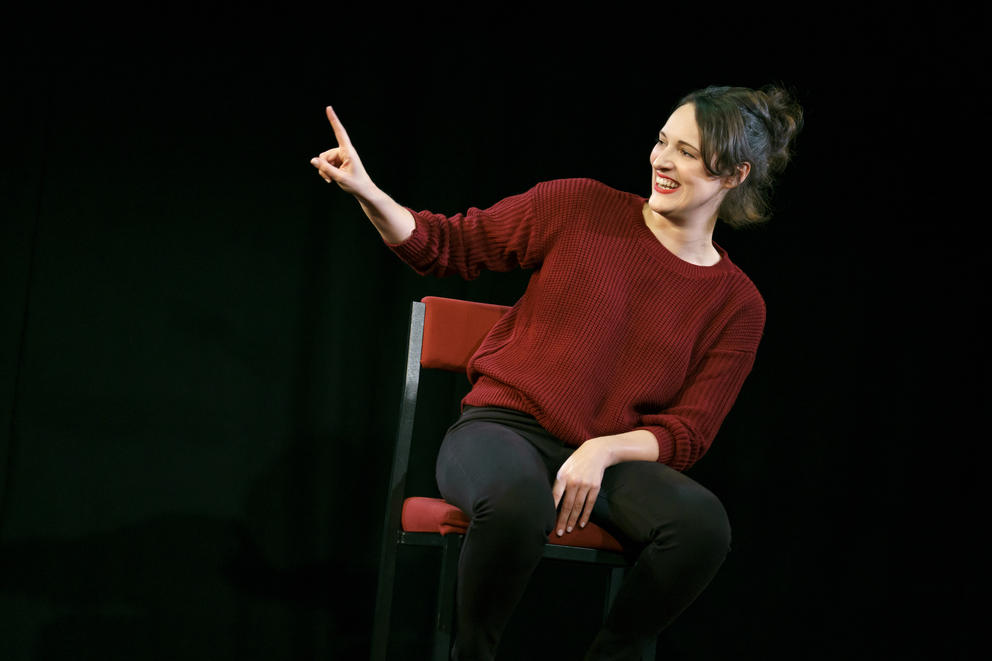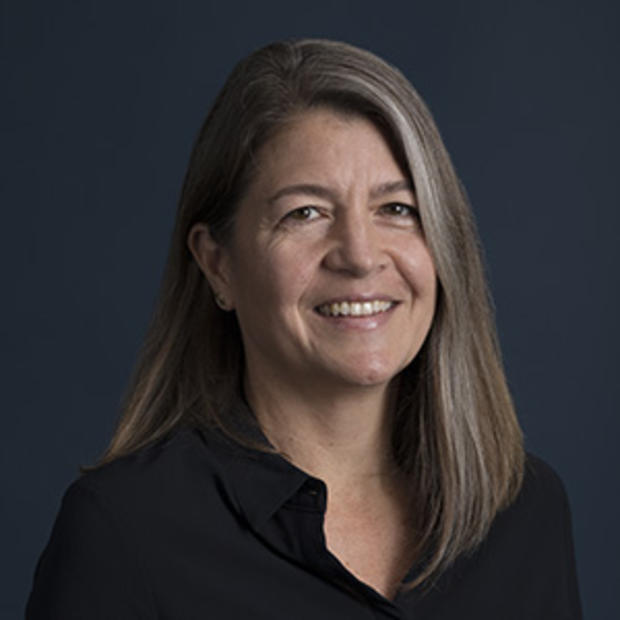
Isabel Allende: A Long Petal of the Sea
Before Jeanine Cummins (author of the controversial book American Dirt) even set foot in Seattle, her book tour was canceled. After receiving Oprah's Book Club's blessing for her novel, which follows a Mexican mother fleeing drug cartel violence, Cummins — a white woman — received intense ire from the Latinx community. Much of the conversation online pointed to a publishing industry that lacked diversity. Many posts suggested readers should support Latinx authors telling Latinx stories instead. Luckily for Seattle, a Latina writer is coming to town just in time to show bookworms what writing about immigration experiences can and should look like. Beloved Chilean author Isabel Allende (The House of Spirits) understands the tumultuous and chaotic nature of political migration — she lived it. In 1975, she fled Chile with her family following the U.S.-backed military coup of President Salvador Allende, her godfather. Her firsthand experience with exile and war is why her writing is so believable (and so good). Her new historical fiction novel, A Long Petal of the Sea, follows refugees as they escape the fascist regime behind the Spanish Civil War. Their journey to Chile by sea is made even more fascinating by the fact that the boat is chartered by Pablo Neruda, the great Chilean poet. –A.P.F.
If you go: Isabel Allende at Town Hall, Jan. 30, 7:30 p.m. ($35)
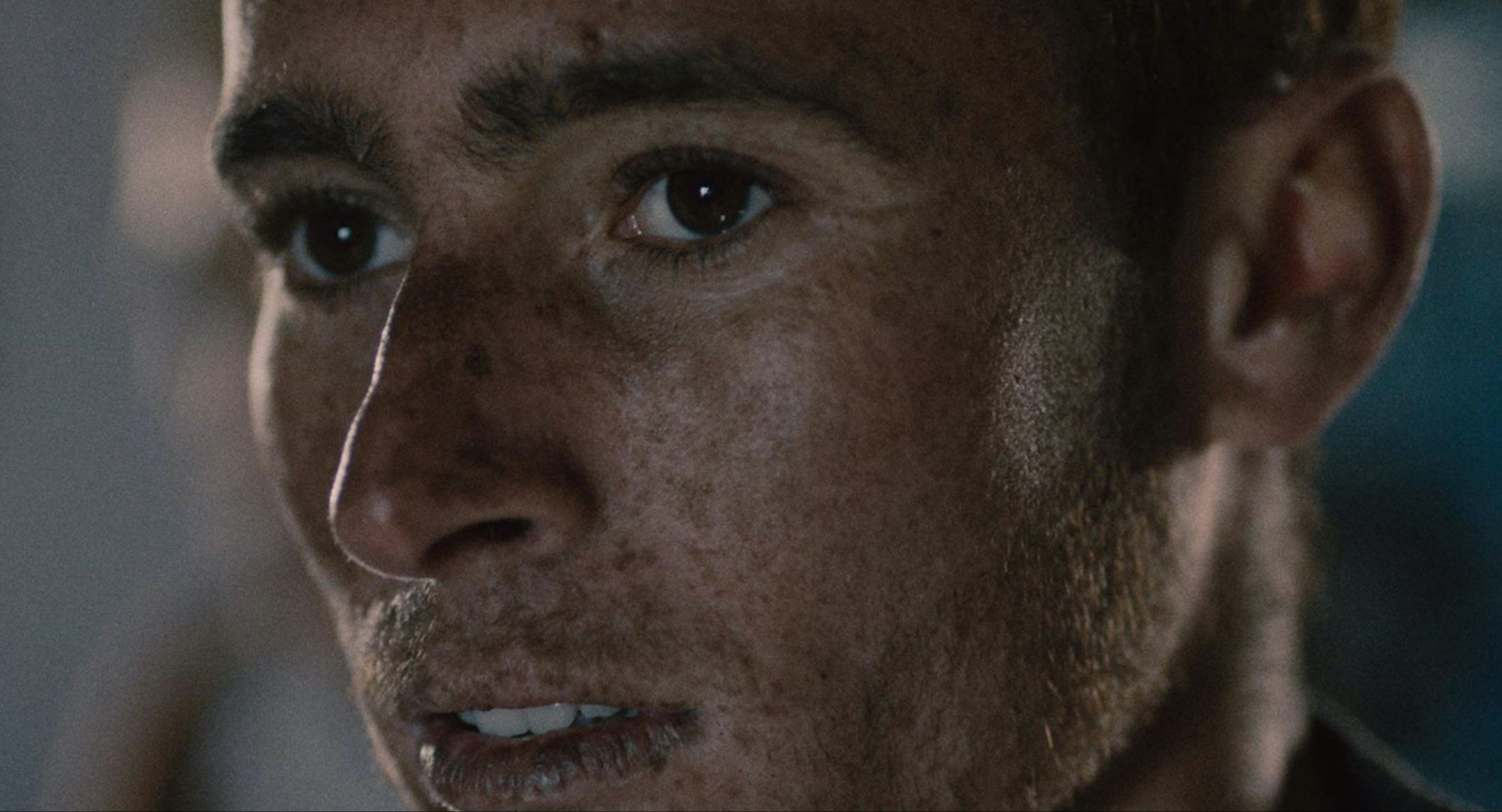
SIFF Film Series: 2020 Oscar-nominated shorts and Romanian New Wave
Critics have long lambasted the Academy Awards’ lack of diversity (with hashtags like #OscarsSoWhite and #OscarsSoMale). But there’s usually one exception to that tendency: the live-action and animated movies selected for the short film category, which often features a rich mix of directors, stars and subject matter. This year the field includes the tense, touching and masterfully told Brotherhood by Tunisian Canadian director Meryam Joobeur; Nefta Football Club, another (more comedic) much-lauded short set in Tunisia; plus the feel-good father-daughter animation film Hair Love; and a Belgian thriller, A Sister. All the Oscar-nominated shorts will be screened the week before the Feb. 9 award ceremony.
And this week SIFF offers another chance to see films you aren't likely to see elsewhere on the big screen, with The Romanians: 30 Years of Cinema Revolution. The film festival zooms in on the “new wave” of Romanian cinema created in the free years following the country’s 1989 revolution, including the Goran Bregović-scored Holocaust tragicomedy Train of Life. Also of note is The Great Communist Robbery, a documentary about the strange but true tale of six Romanian men who struck a deal to escape the death penalty, re-enacting their spectacular robbery of the Romanian National Bank for a film directed by the secret police. –M.V.S.
If you go: The Romanians: 30 Years of Cinema Revolution at SIFF and Northwest Film Forum, Jan. 30 - May 2 ($7-$13); 2020 Oscar-nominated shorts at SIFF, Jan. 31 - Feb. 6. ($9-$14)
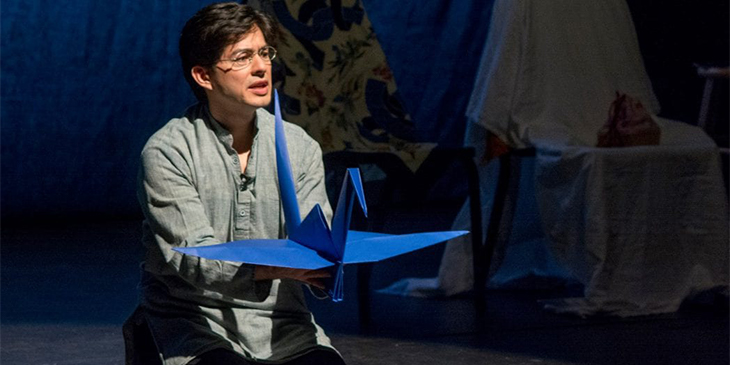
Lyric World: Conversations with Contemporary Poets
Pop quiz: Is poetry relevant to your daily life? (Hint: yes!) Seattle poet Shin Yu Pai is out to prove it with her new poetry series at Town Hall Seattle called Lyric World: Conversations with Contemporary Poets. Pai says the events emphasize the “social role of poetry” in the human experience, the ways the form can inspire a feeling of community in a disconnected world. The series kicks off this weekend with a lineup featuring Thomas Hitoshi Pruiksma, a Vashon Island-based poet, musician and magician (that’s literally a magician, not a poetic metaphor), who will elucidate the evening’s theme of “wonder.” Esteemed Seattle poet Melanie Noel is also on deck, as well as kora player Ibrahim Arsalan, who will provide tuneful interludes. Watch for future events in March (on poetry and displacement) and June (on poetry and grief). –B.D.
If you go: Lyric World at Town Hall Seattle, Jan. 30 at 7:30 p.m. ($10)
Brian Brooks Moving Company
Sometimes the dancers in Brian Brooks Moving Company wear suits and ties, sometimes only underpants. But at either sartorial extreme, the buzzed-about choreographer’s muscular contemporary moves dress the performers far more than the clothing. The University of Washington’s Meany Center for Performing Arts recently commissioned Brooks to create a new dance, which will have its world premiere this weekend. Called “Closing Distance,” the piece is set to a Pulitzer Prize winning choral work by composer Caroline Shaw and Roomful of Teeth — a singing group known for vocal feats as breathy and embodied as dance. Brooks says the choreography is “mostly based on contact… a repositioning of the other dancers,” such as when one dancer is propelled like a pinball through five others, or when four dancers line up all their hands to move another’s arm. Also on the bill is a new solo piece, "Am I Supposed to be Somebody Else," performed by Brooks, and the Seattle premiere of the rigorous duet, “Torrent.” –B.D.
If you go: Brian Brooks Moving Company at Meany Center for the Performing Arts, Jan. 30 - Feb. 1 at 8 p.m. ($45/$53)
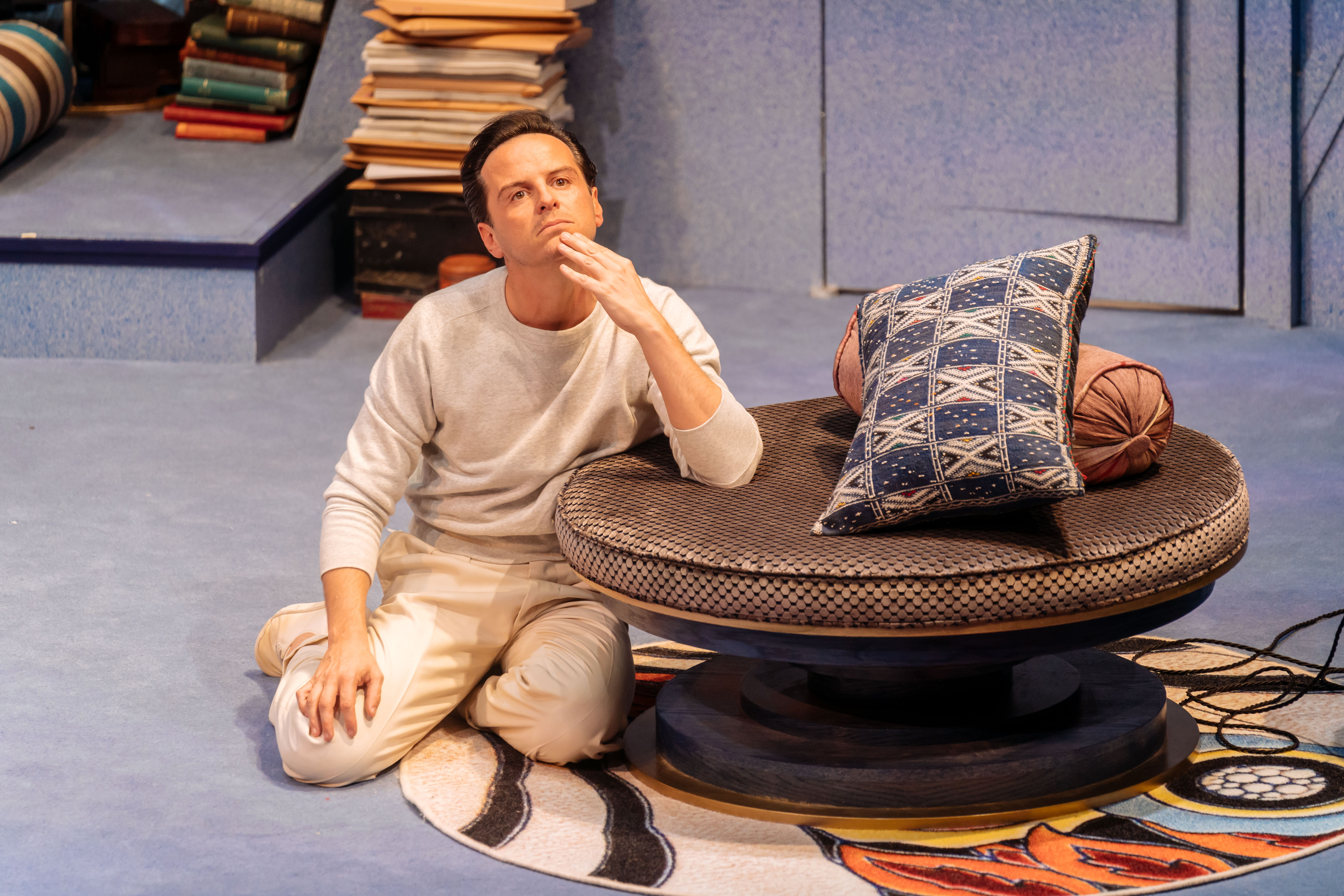
National Theatre Live: Fleabag and Present Laughter
Two superior British stage comedies are coming to SIFF Film Center soon, thanks to the continuing beneficence of National Theatre Live, which records for our delectation (and posterity) some of England’s choicest contemporary stage offerings. One that stirs anticipation is an encore run of Fleabag, the idiosyncratic piece by Phoebe Waller-Bridge. The addictive chronicle of a wry, racy, London woman whose chaotic life keeps tripping her up is best known to us stateside as an imported TV miniseries that justly earned about every accolade available (three 2019 Emmys, including outstanding comedy series). But Waller-Bridge (who also invented Killing Eve, the popular murder mystery series) first devised Fleabag as a sexy/funny, forlorn/madcap one-woman show, which the Guardian called “witty, filthy and supreme.”
One of everybody’s favorite characters in the ensemble TV version of Fleabag is a Catholic clergyman fans have nicknamed “Hot Priest.” He’s played by one of Britain’s, well, hottest actors currently, Andrew Scott, who also stars at SIFF in the recent Old Vic production of Noel Coward’s gleaming 1942 farce, Present Laughter. Versatility is a coveted commodity among English thespians and Scott has it in spades. He’s played the sensitive cleric, and also a terrifying Professor Moriarty, Benedict Cumberbatch’s nemesis in the Sherlock BBC series. In the piquant showbiz world of Present Laughter, Scott is something else entirely — a vain, foppish, utterly neurotic yet endearing matinee idol, who has his hands full with the demands of his fans, various lovers and his own flamboyant insecurities. –M.B.
If you go: Fleabag plays Feb. 2, 4 and 6 and 14-16; Present Laughter plays Feb. 2, 15 and 16. Both at SIFF Film Center. ($19-$20)

Jacob A. Riis: How the Other Half Lives
It might sound like a false display of humility, but Jacob A. Riis (1849-1914), widely considered one of photojournalism’s forefathers, thought he was “no good at all as a photographer.” In fact, he saw his stark black-and-white photos of immigrants living in the tenements of New York City during the late 19th century more as illustrations for his lectures and writings than anything else. But things shook out differently, and now Riis — a Danish immigrant — is best known for his use of the then-new flash “technology” to illuminate the living conditions of the city’s working poor, and the working-class housing reforms his photography helped bring about.
Nonetheless, as Daniel Czitrom, a professor of history at Mount Holyoke College, told the New York Times, these days “no one really reads Riis anymore.” That’s mostly because of the racist stereotypes and language in Riis’ famous book How the Other Half Lives. At the National Nordic Museum, a new exhibition named after the book, as well as a talk by curator Bonnie Yochelson and a showcase of contemporary photojournalism, grapples with Riis’ complicated legacy. –M.V.S.
If you go: Jacob A. Riis: How the Other Half Lives and Legacy: Social Justice in Contemporary Danish Photojournalism at the National Nordic Museum, Feb. 1 - Mar. 15. ($10-$18). Exhibition Talk: Jacob A. Riis, Beyond How the Other Half Lives with Bonnie Yochelson, Feb. 1, 2-3 p.m. (Free with RSVP)
Our Country’s Good
How can historical back gazing enrich contemporary stage drama? This gripping play by Timberlake Wertenbaker, in a vigorous new airing by Strawberry Theatre Workshop, is a textbook example. An esteemed British playwright-director, Wertenbaker wrote the script in the late 1980s in response to then-Prime Minister Margaret Thatcher’s substantial cuts to U.K. government funding of public services, including for the arts and within the prison system. In protest, Wertenbaker evoked a tale set two centuries earlier, about English prisoners (including petty thieves and prostitutes) savagely transported to the remote new colony of Australia. Drawing from Thomas Keneally’s novel The Playmaker, she dramatized the true incident of British naval officers in charge of a rugged Sydney prison camp, who aimed to raise morale by having their charges rehearse and perform a popular Restoration comedy of the day, George Farquhar’s The Recruiting Officer.
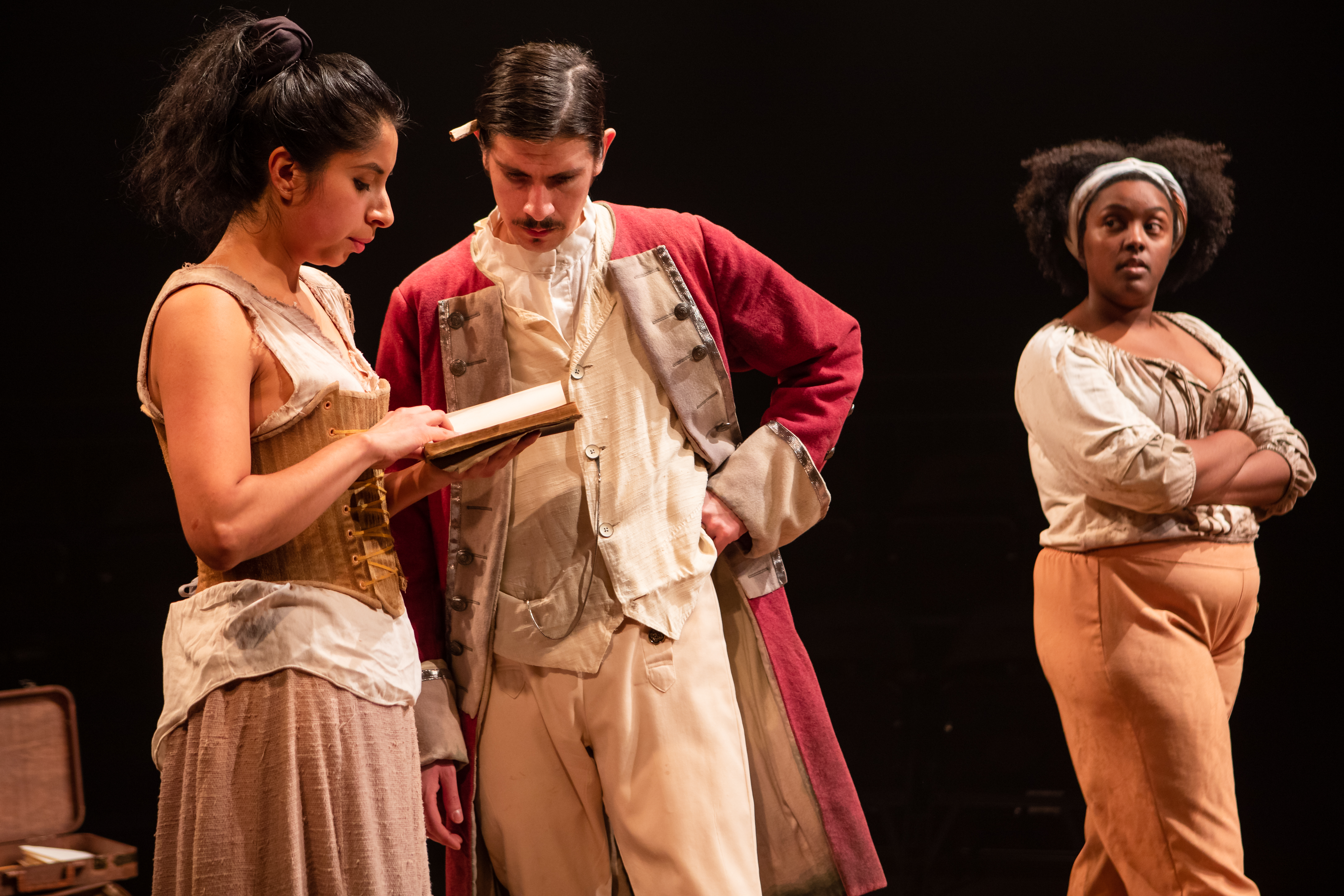
Our Country’s Good drills down into that play-within-a-play premise by depicting in 22 short, pithy scenes the miserable conditions of the Australian outpost, the intricate dynamics between the empowered and the powerless and the democratizing role of art to sustain and inspire. The social dichotomies and ironies are sharpened by double casting: Most actors portray both a prisoner and an imprisoner. It’s a big, chewy tale, staged in the round and smartly paced by director Leah Adcock-Starr. Where there is brutality, it’s plenty brutal. Where there are flashes of love and transcendence, they are poignant. And the rugged Cockney survival humor supplies some needed comic relief.
Much depends on the cast to carry off this nearly three-hour saga. There are some authoritative and potent performances, notably by Tim Gouran as a lovesick midshipman and an eager newbie actor; Mark Fullerton as a scruffy hangman; Galen Joseph Osier as a humane captain and self-taught writer; Miguel Castellano as the dedicated lieutenant in charge of the play and Yadira Duarte as a shy young prisoner who blossoms under the oppressive circumstances. Not everyone in the company is up to the task. There is some cringey overemoting and garbled accents to contend with. But Strawberry Theatre Workshop deserves kudos for reviving a powerful play that should be revisited. –M.B.
If you go: Our Country's Good at 12th Avenue Arts, through Feb. 22. ($24-$36)
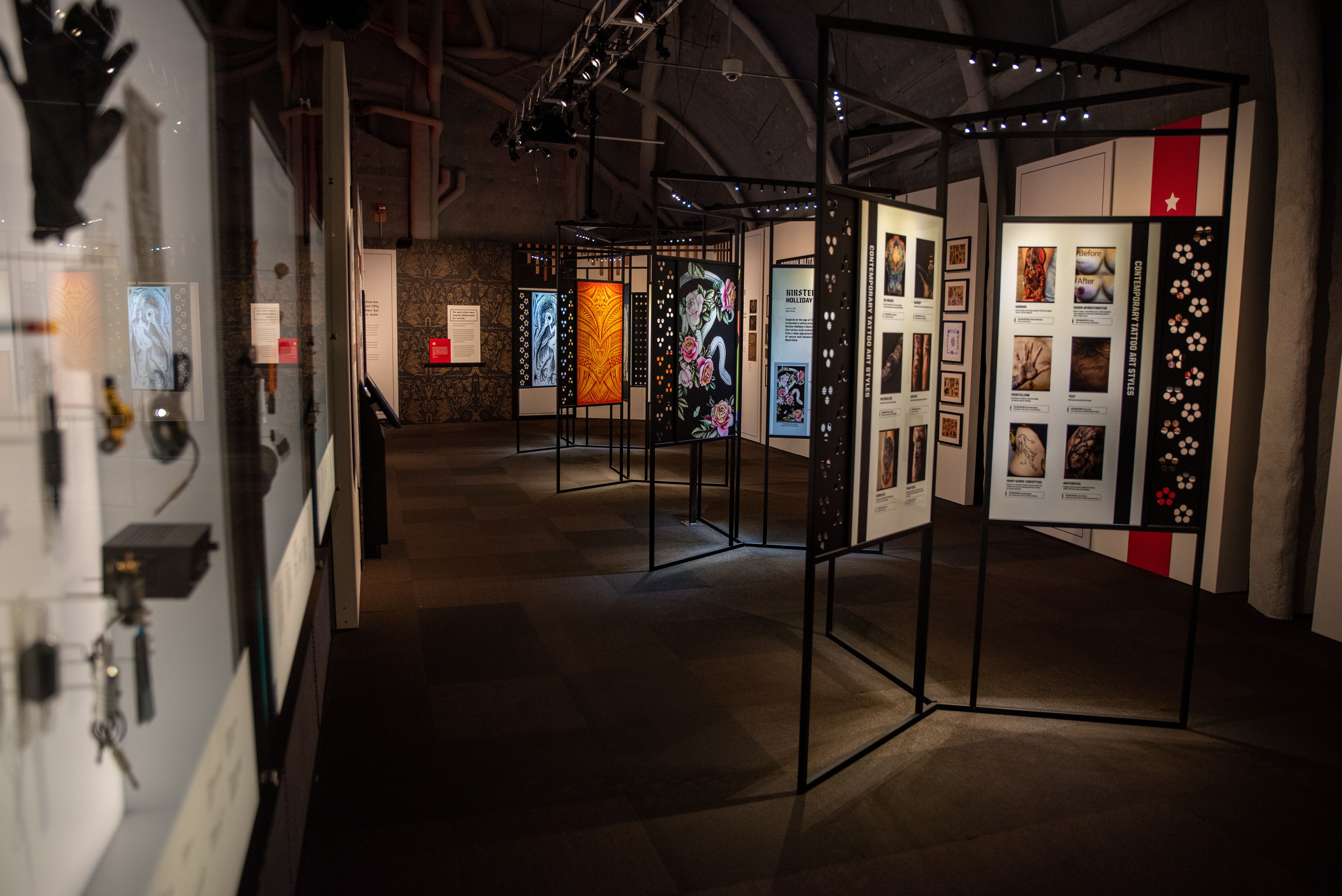
Body of Work: Tattoo Culture
The word “tattoo” comes from the Tahitian word ta, which means “to strike.” That's one of the many facts you'll learn about tattoos at the Museum of Pop Culture's new exhibit focused on the long history of inked skin. Body of Work: Tattoo Culture opens with an emphasis on indigenous tattoo practices within Japanese and Polynesian cultures, and also among Native American culture. Local writer and poet Sasha Lapointe (Upper Skagit and Nooksack) contributed "To Remember Who I Am," a poem about her ancestors' connection to tattoos. Body of Work walks viewers through tattoo history, starting with British Capt. James Cook in the 18th century, whose "discovery" of the practice helped popularize the trend among sailors and military soldiers, which in turn shaped the "American Traditional" aesthetic. Trace that to today, when 90% of combat soldiers have at least one tattoo. To illustrate the variety and depth of styles among contemporary tattoo creators, MoPOP curators also commissioned 11 artworks from local tattoo artists. These include Lolli Morlock (of Capitol Hill’s Valentine’s Tattoo shop), whose brightly colored tattoos are reminiscent of comix, and Aaron Bell (of Slave to the Needle), who specializes in traditional Japanese-style tattoos that cover an entire back with dragons, koi fish or demon masks. One of the exhibit walls maps out how tattoos have spread from counterculture to global pop culture. And if all these artful tattoos gives you an itch to get some ink, first learn about which spots on the body are the most painful to get tattooed with the help of an interactive "Pain Map." –A.P.F.
If you go: Body of Work: Tattoo Culture at MoPOP, Feb. 1 - May 24. ($22-$30)
Last chance to see
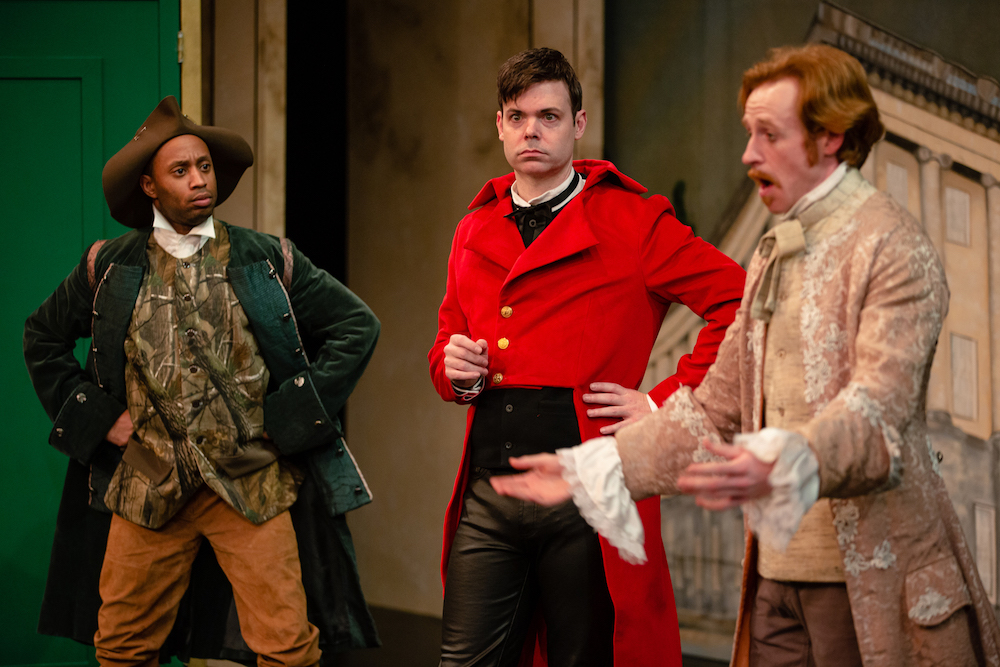
The Rivals
Witty, lusty, gossipy, romantic: Restoration-era stage comedies are the prototype for generations of clever modern-day rom-coms. Now Seattle Shakespeare Company is tackling one of the most influential of them all, The Rivals by Richard Brinsley Sheridan. Flush with British ladies and gents bearing Monty Pythonesque names (Capt. Jack Absolute, Sir Lucius O'Trigger, Lydia Languish and the famously word-mangling Mrs. Malaprop), The Rivals is a supreme 1775 comedy of mis-manners. Set in the resort town of Bath, where the courtship of young Jack and Lydia faces considerable challenges, the proceedings include a love triangle, a duel and (of course) people pretending to be who they’re not. Under George Mount’s direction, the cast is required to cavort, flirt and bandy about enduring witticisms — all in high style. Sheridan’s first and best known play (so vilified by critics, he rewrote it during the initial run) demands no less. –M.B.
If you go: The Rivals at Center Theatre, Seattle Center, through Feb. 2. ($32-$58)

